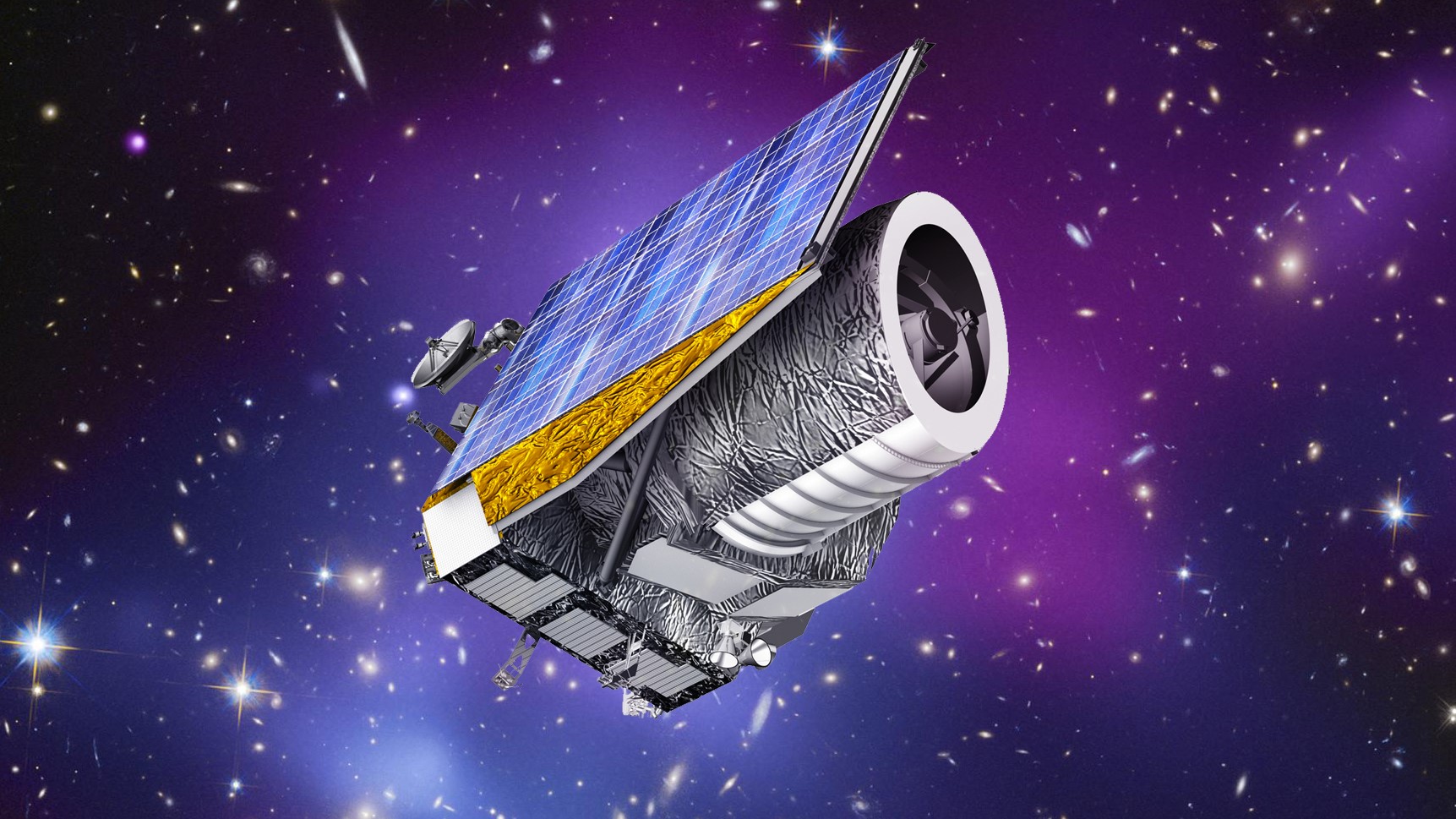The European Space Agency (ESA) has achieved a significant milestone with the successful launch of the Euclid space telescope. This groundbreaking mission aims to unravel the mysteries surrounding dark matter and dark energy, offering unprecedented insights into the fundamental building blocks of the universe. The Euclid telescope will be positioned at the second Lagrange point, located approximately 1.5 million kilometers from Earth.
Dark matter and dark energy, though pervasive and influential in the cosmos, remain enigmatic and largely unexplored phenomena. The Euclid space telescope represents a major leap forward in scientific exploration, providing astronomers with the tools to study these elusive components of the universe.
Positioned at the second Lagrange point, the Euclid telescope offers a stable and strategic vantage point for conducting precise observations. From this distant location, Euclid will embark on an ambitious mission to map the distribution and evolution of dark matter and dark energy, shedding light on their role in shaping the structure of the cosmos.
The successful launch of the Euclid space telescope heralds a new era of discovery and opens up possibilities for groundbreaking scientific advancements. It underscores the ESA’s commitment to pushing the boundaries of space exploration and fostering international collaboration in unraveling the mysteries of the universe.
Scientists and astronomers eagerly anticipate the wealth of data that Euclid will gather during its mission, providing crucial insights into the composition and dynamics of our universe. The findings from Euclid’s observations are expected to revolutionize our understanding of cosmology and potentially challenge existing theories.
As the Euclid space telescope commences its celestial journey, the scientific community and space enthusiasts alike eagerly await the unprecedented discoveries it will unveil. This significant milestone reinforces the importance of space exploration in expanding our knowledge and unlocking the secrets of the universe.
